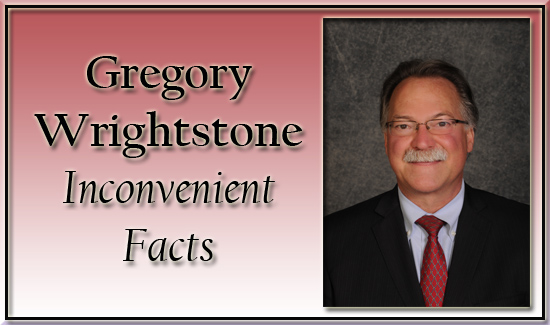Pennsylvania Tax Collections Dip

(The Center Square) – An update from the Independent Fiscal Office showed that Pennsylvania’s revenues for its General Fund dipped by $4 million compared to last year.
However, after adjusting for new transfers from certain taxes, collections were $83 million higher compared to July 2021.
As the IFO’s report notes, personal income tax revenues increased by almost $14 million to $972.9 million in July, a 1.4% increase. Sales and use taxes followed suit, going up $20.7 million to $1.26 billion in July, a 1.6% increase. Motor vehicle collections were $50.4 million lower than in July 2021, unsurprising given that vehicle sales nationally peaked in April 2021.
The biggest decline came in revenues from the corporate net income tax. The commonwealth collected $150.5 million from the CNIT, a $20.9 million decline (12.2%) compared to July 2021. The IFO has noted that CNIT collections were unusually high in 2021, as The Center Square previously reported.
CNIT revenues were up by 41% in 2021, which helped the state collect about $6 billion more in tax revenues than expected. For 2022, the IFO expected a decline in corporate tax revenues.
Collections from cigarette and gaming taxes also fell by almost 30% and 17%, respectively.
The revenue swings were in line with what the IFO expects for the 2022-23 fiscal year. Revenues are expected to fall by about $5.4 billion. The end of COVID-19 funding from the federal government, and the decline of CNIT revenues, explains the dip even as the IFO expects modest economic growth.
If a recession hits, however, revenue collections might dip more than expected.
“Many analysts believe there is significant potential that the forecast could deteriorate rapidly based on high energy prices, volatile and declining equity markets, and global events,” the IFO warned in its report for 2022-23.
Anthony Hennen
Staff Reporter
Anthony Hennen is a reporter for The Center Square. Previously, he worked for Philadelphia Weekly and the James G. Martin Center for Academic Renewal. He is managing editor of Expatalachians, a journalism project focused on the Appalachian region.




